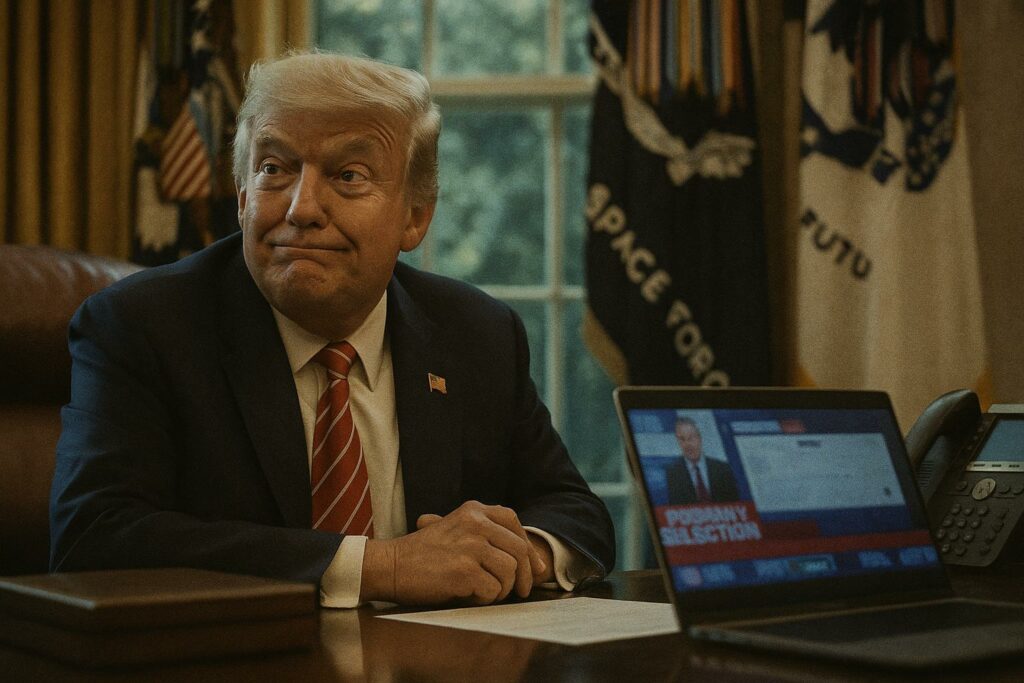The Diplomatic Riddle: Examining Trump’s Criteria
In Kinshasa and Brazzaville, capitals of the Democratic Republic of the Congo (DRC) and the Republic of the Congo respectively, residents ponder the basis of Donald Trump’s 12-country travel ban list that predominantly targets African nations. Despite their geographic proximity, the DRC is exempt, while the Republic of the Congo faces restrictions. Commencing June 9, citizens from several countries, including the Republic of the Congo, will no longer be eligible for U.S. visas. Trump’s list encompasses nations like Afghanistan, Myanmar, and several African countries, prompting questions regarding the underlying criteria for selection.
A Regulatory Explanation or Political Calculus?
The White House issued a statement on June 4, attributing the decision to regulatory frameworks. It focused on the rate of visa overstay for B1/B2 (business or tourist) and F, M, J (student, exchange programs) visa holders who remain in the U.S. beyond their permitted stay. Brazzaville’s overstay rates are cited at 29.63% and 35.14% for these visa categories, deemed untenable by Washington. This regulatory rationale underscores the complexity of evaluating travel bans as either a protective measure or a broader geopolitical tool.
Geopolitical Implications for Affected Nations
The selective travel ban imposes significant diplomatic and economic consequences on the affected African nations. Countries like Burundi, Sierra Leone, and Togo, facing partial suspension of visa issuance, must now navigate strained relations with the United States. Notably, contrasting impacts are observed within regional blocs, influencing alliances and diplomatic strategies. The policy’s geopolitical ramifications are profound, potentially redefining bilateral relationships and regional cooperation.
Controversy and Criticism from International Observers
International response to the travel ban has been mixed, with criticism centered on the perceived arbitrariness and potential discrimination inherent in the policy. Critics argue that such measures risk alienating historically ally nations, impacting economic ties, and exacerbating existing tensions. Proponents, however, maintain the necessity of safeguarding national security and addressing immigration challenges. This dichotomy reflects broader global debates on the balance between sovereignty and international engagement.
A Sprawling Debate on International Mobility
As the world grapples with issues of migration and mobility, policies like the Trump travel ban bring to the fore the ongoing debate on national sovereignty versus global collaboration. For the affected African nations, navigating these policies involves strategic diplomacy and adaptation to a changing international landscape. Future dialogue must encompass the broader implications of such policies, aiming for equitable and informed approaches that reconcile security with humanitarian and developmental priorities.

